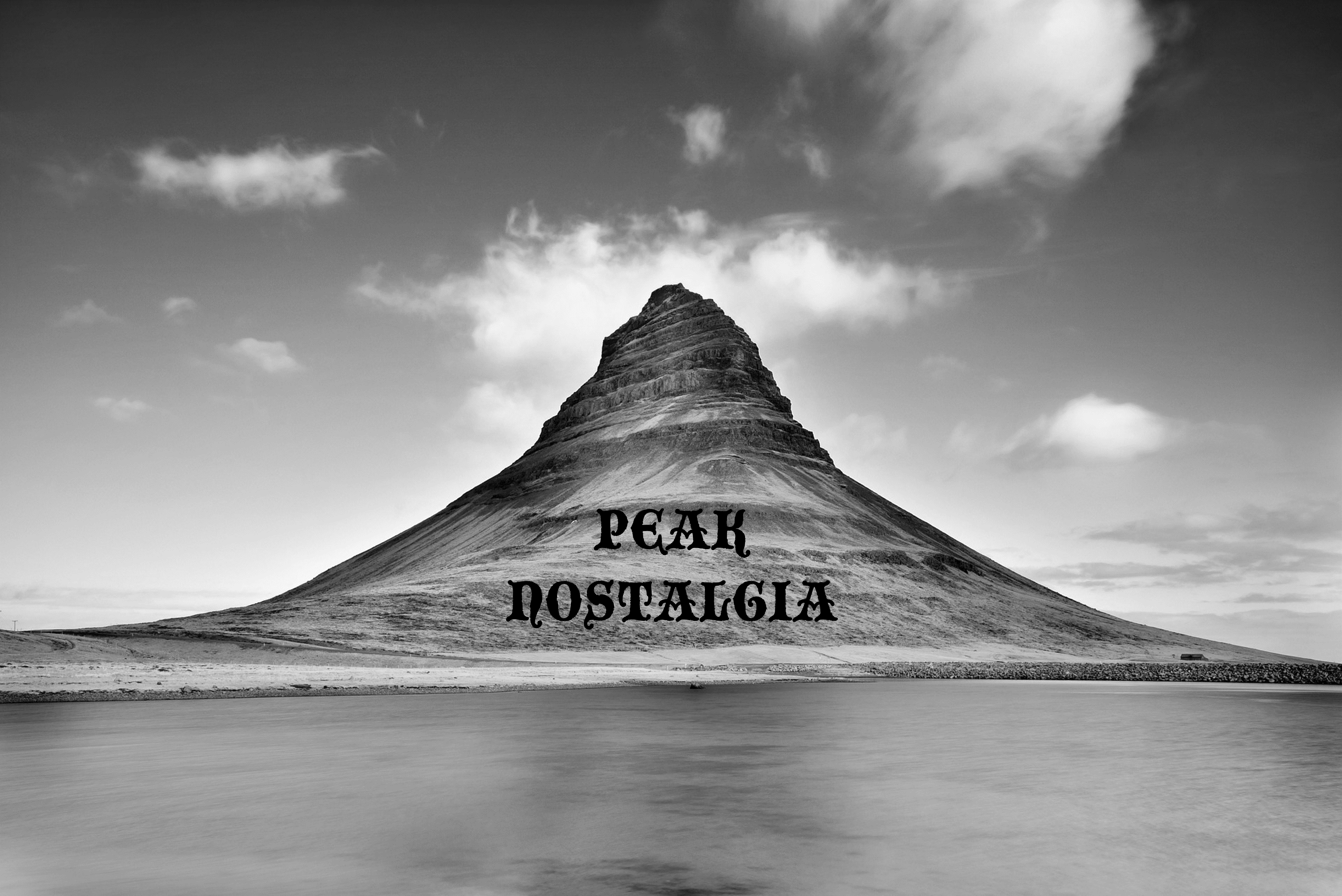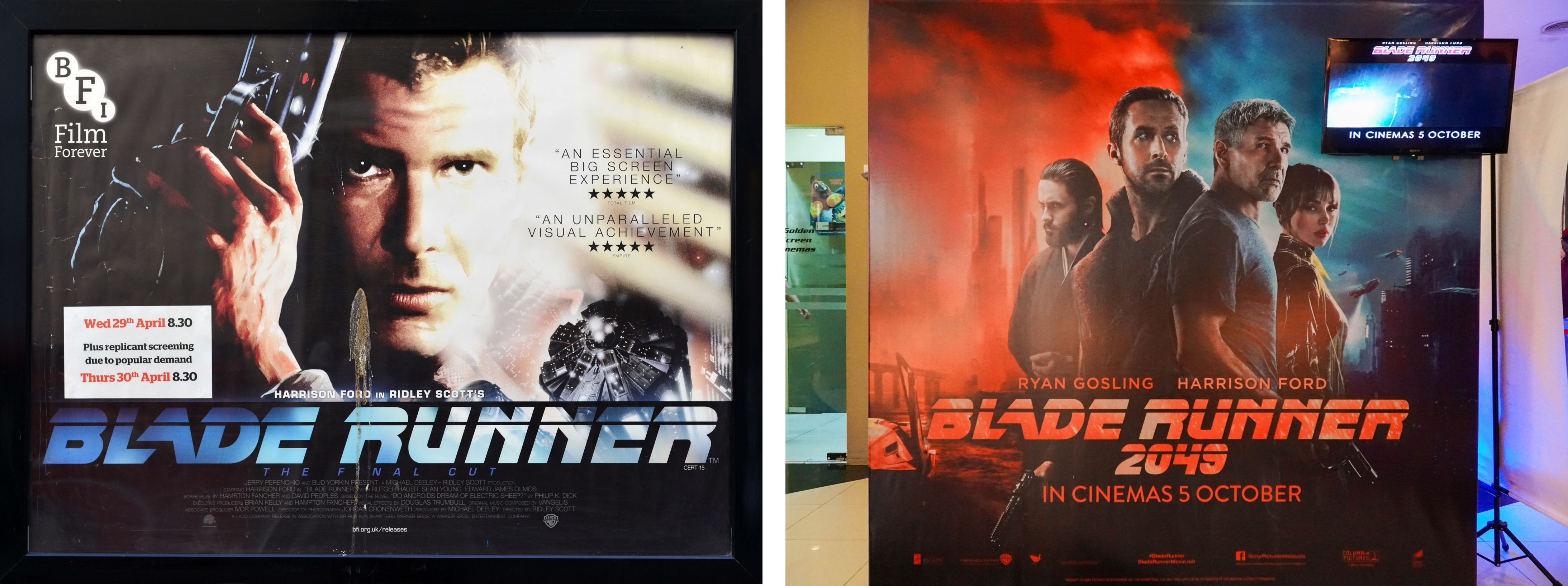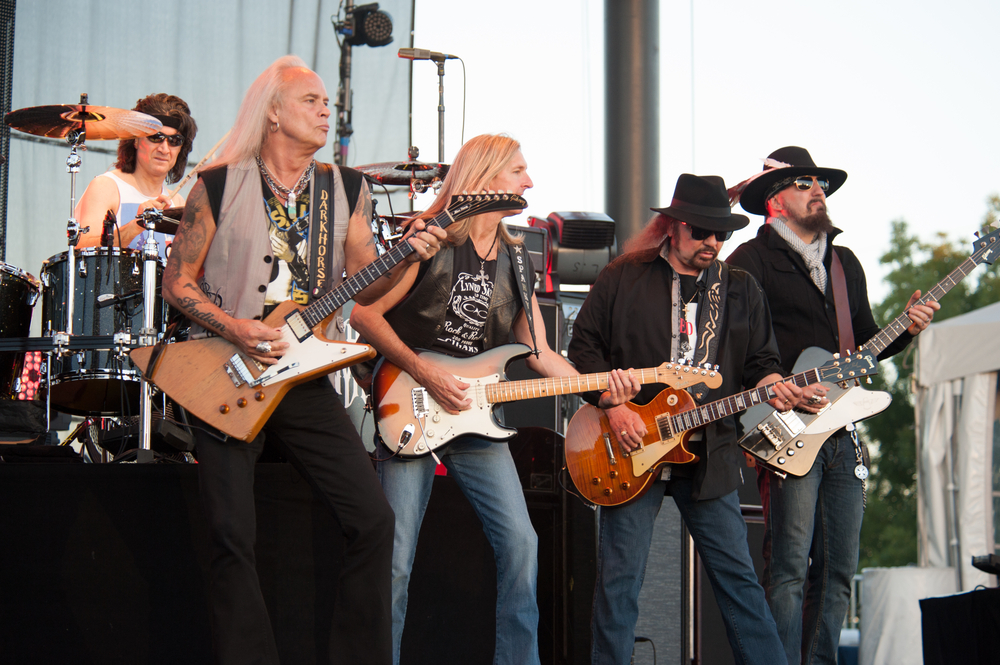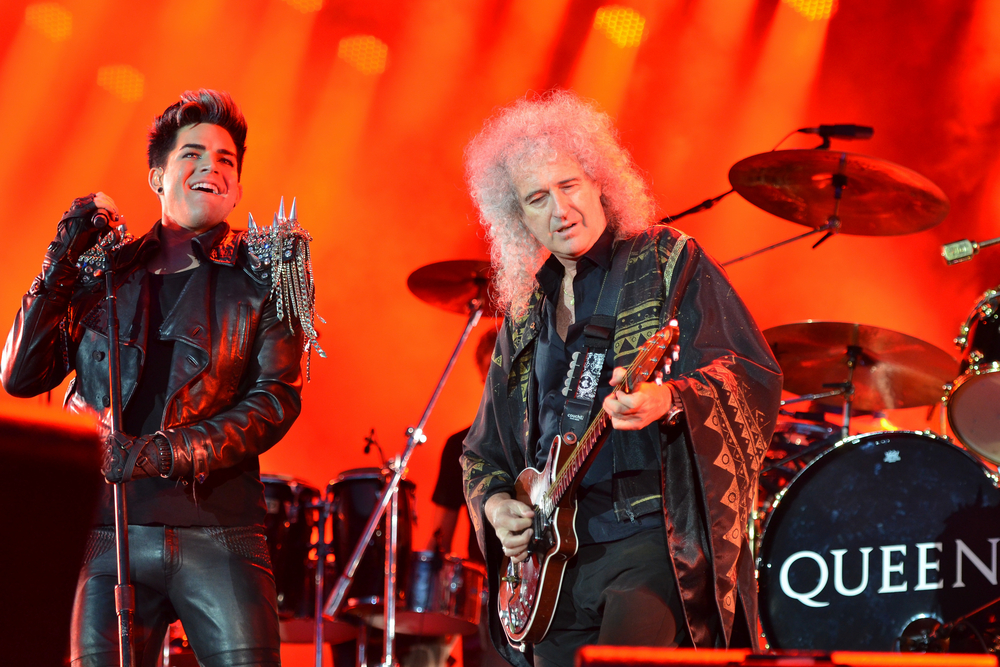
“Are we HERE yet??”
Like parents who hear their children’s voices from the back seat on a family road trip, Marketing Brew columnist Kelsey Sutton asks the question that’s been so many pundits’ minds:
Actually, observers of pop culture have begged that question for many years now. The movie and TV business are so bloated with programming slots to fill that nostalgic-soaked content has proved to be the elixir that sustains the entertainment industry.
Remakes, reboots, sequels, prequels, revivals, and best of’s all serve pretty much the same purpose – hashing out warmed over content we’ve experienced before but with a different spin.

I’ve had hundreds of people ask me the same question over the last several decades since I put my first Classic Rock station on the air in the spring of 1985:
“Don’t people get sick of hearing the same 500 songs over and over again?”
But that’s not what’s going on inside the brains of fans who regard this music of the soundtracks of their lives. There’s a reason why these stations continue to pull down great numbers, rating book after rating book, especially through the pandemic, and through 2022.
Even though the folks who grew up with this music may now be over the hill and long in the tooth, the music vividly takes them back to those moments – the first car, the big raise, a first kiss, that amazing moment in a concert venue somewhere where one of their musical heroes was earning icon status.
Sutton explores nostalgia’s powerful tug, but mostly with video – TV and movies – where nervous executives would rather go the safe route by investing time and money in a proven franchise. Like “peak content,” “peak subscriptions,” and “peak podcasts,” our entertainment and information sources are numerous. But nostalgia – that’s a whole didfferent thing.
Sutton places some of the blame or the credit for nostalgia’s long tail on the pandemic, a shared event that even made Generation Z long for some version of the good old days.
She cites evidence that not all of Hollywood’s attempts to dredge up past success with nostalgia-dipped programming have been successful. As Roku VP and head of originals, David Eilenberg, notes, “You can’t just take (an existing) title and then assume it’s gonna deliver for you.”
True fans of an original can smell a shoddy, cheap, or disrespectful remake. Many visual efforts with a number in their title have stiffed at the box office or in the ratings for precisely that reason.
As my Twitter friend, J.P. Hastings reminded me when he sent me this Morning Brew story, Sutton doesn’t mention the powerful pull of music, radio, and specifically Classic Rock – all part and parcel of its long-running success.
To her credit, Sutton quotes this amazing soliloquy by Don Draper, a nostalgic ad agency figure on a retro show, “Mad Men” about the power of nostalgia. Here’s the moving video clip, one of the best moments of a truly great TV show during its final season:
Draper tugs on our heartstrings by showing deep-seated memories of his own life, proving once again those memories become hard-wired into our brains.
But with respect, care, and authenticity, our buttons can still be pushed.
Now every time I see that Chevrolet commercial touting EVs for everyone featuring Fleetwood Mac’s “Everywhere,” I get nostalgic about the late Christine McVie who wrote and sang lead vocals on the song. Sadly, she passed away last week, but now tens of millions will enjoy one of her joyous songs. Interestingly, a song that’s 35 years-old is the soundtrack for exciting new technology. The warm, nostalgic past is being used to usher in a bright, positive future.
And all the while, the music and the composer endure.
Regular readers of this blog are familiar with my analogy that today’s symphony orchestras playing the masters like Beethoven, Handel, and Brahms are comparable to tribute bands replicating the music of classics like Pink Floyd, the Beatles, and Led Zeppelin.
When you’re honoring great music – whether it was written in the 1870’s or the 1970’s – and you work hard on preparation, rehearsal, and performance, audiences will reward you. It also helps to be as authentic as possible.
There’s a growing movement among Classic Rock bands where original members have passed on. And yet – with the approval of the family and/or the estate – they have the opportunity to endure.
Last weekend, Rolling Stone‘s David Browne wrote a great story on this topic: “The Future of Classic Rock Tours: One or Two Surviving Members…Or None?” (Sorry, the story is behind a paywall.)
A new version of the Allman Brothers Band – called Trouble No More after one of their earlier songs – has been put together with the family’s blessing. The key, of course, is putting together an ensemble that’s true to the original music.
To subtly contemporize a blues rock outfit like the Allmans, Trouble No More has tweaked the rhythms and even sped up some of the songs a tad. Some of the new players were actually part of the Allman Brothers Band, while the team recruited former Beyoncé drummer Nikki Glaspie.
 Lynyrd Skynyrd is another band reborn thanks to Johnny Van Zandt taking over for his late brother, Ronnie. Their manager, Ross Schilling, says that for bands from the golden era, out of sight is out of mind. Being visible by performing live – even in this modified form – is key to staying relevant:
Lynyrd Skynyrd is another band reborn thanks to Johnny Van Zandt taking over for his late brother, Ronnie. Their manager, Ross Schilling, says that for bands from the golden era, out of sight is out of mind. Being visible by performing live – even in this modified form – is key to staying relevant:
“(When bands don’t tour), the Classic Rock radio spins and the digital streams slow down. The whole catalog takes a large percentage dip. I’m not saying the music is going to die, but it’s going to lose its front-and-center attention once the live part stops.”
The Eagles now tour with Vince Gill and the late Glenn Frey’s son, Deacon. Bruce Springsteen’s E Street Band now uses the services of Clarence Clemons’ nephew, Jake, to sub for “The Big Man.” And Adam Lambert (pictured) has admirably filled in for Freddie Mercury in a recent incarnation of Queen.
Jake, to sub for “The Big Man.” And Adam Lambert (pictured) has admirably filled in for Freddie Mercury in a recent incarnation of Queen.
And on it will go.
This strikes me as a better choice than holograms, a technology used to attempt to sustain Roy Orbison and Ronnie James Dio’s brand. I wrote about an avatar-ized version of ABBA that’s going great guns in its “residency.”
These efforts strongly suggest the greats will find a way to soldier on, thanks to technology and the commitment of contemporary musicians, producers, engineers, and stagecrafters.
Along with the support of millions of dedicated fans whose undying passion for the music, we’re nowhere near “peak nostalgia.”
The beat goes on.
Thanks to Scott Jameson!
- Media And Technology In 2025: Believe It Or Not! - April 18, 2025
- In Radio, You Just Never Know - April 17, 2025
- The Secret To Making A Great Podcast (And Great Radio) - April 16, 2025




Thanks Fred…. to prove your point:
My husband was never more excited to buy tix to see Mickey Dolenz to his “Celebration of the Monkees.”
It doesn’t get any more nostalgic than THAT.
Same thing with Classic Hits, Fred. People who know little or nothing about radio cannot fathom how a well-programmed station with a researched playlist (and therefore, in their perspective, limited number of songs that must be “burned to a crisp” to the listeners by now!) can get consistently good ratings … and why, when a competitor comes along with a broader playlist, it crashes and leaves the original station with even higher numbers.
I have a “power” list of around 125 titles, 185 or so secondaries, an accent category of about 50 New Wave/MTV hits, and about 150 “neutral” titles as droppable fills. This makes people who I described above completely apoplectic because in their minds, the audience surely must have rebelled by now from hearing the same 500 or songs over and over.
They are wrong, largely, because of what you’re describing. One person I know who is outside the business but still loves to listen to the radio says that I program “all the songs I know the lyrics to” and marvels that they never seem to repeat frequently. (Thank you, MusicMaster rule tree.)
I liken it to my mother singing along with old Glenn Miller records when I was growing up. If you love a genre or decade’s music so much that you know the words, you do not “rebel” and tune away from the station that plays those songs.
That’s also why the phrase “your favorite music” works so well in imaging. It reinforces their affinity.
I predict that the twin formats of Classic Rock and Classic Hits will still be here, not dramatically changed, 20 years from now, for precisely the reasons that you say, Fred. Make a note to check with me in 2043 to see if I was right, will you?